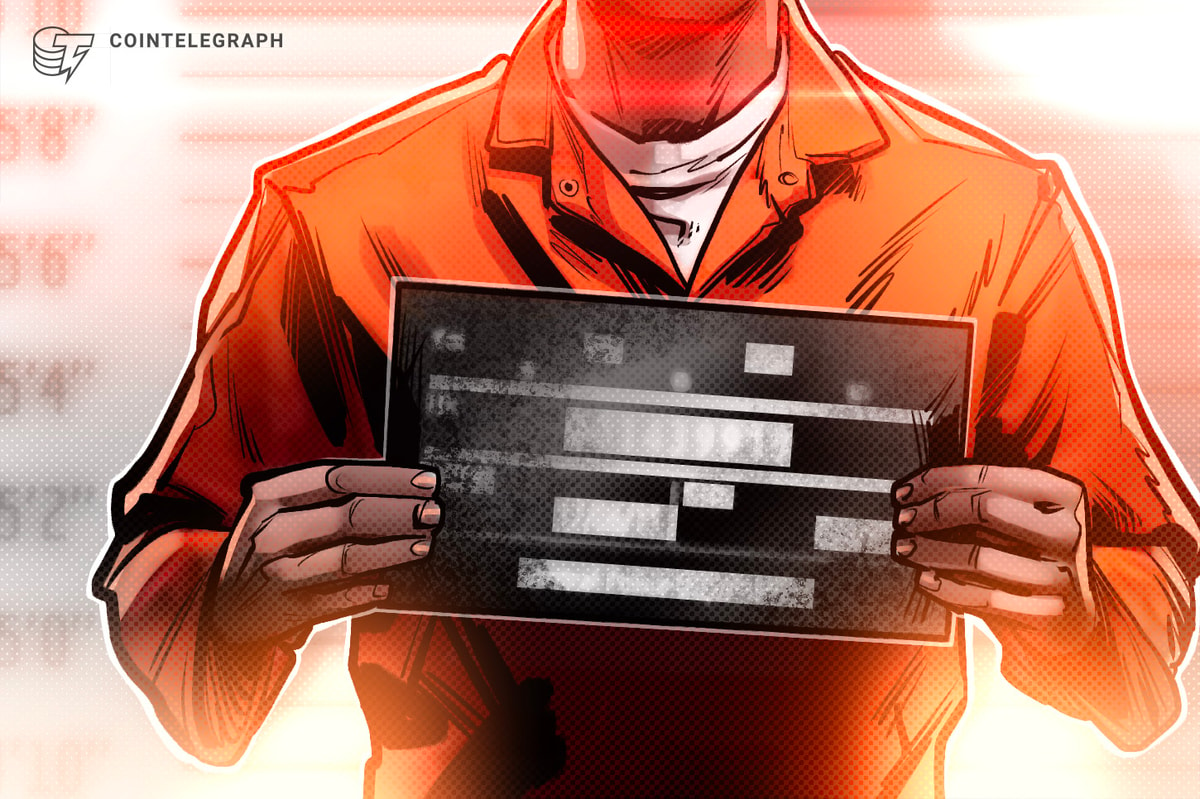South African cryptocurrency exchange VALR has been granted new crypto asset service provider (CASP) licenses from the Financial Sector Conduct Authority (FSCA) following new requirements for industry firms.
VALR — which secured $55 million of equity funding from Pantera Capital, Coinbase Ventures and others — received Category I and II CASP licenses from the FSCA. This makes VALR one of the first cryptocurrency companies in the country to receive both licenses.
Speaking to Cointelegraph, VALR co-founder and CEO Farzam Ehsani said securing a CASP license from the FSCA was a significant milestone for the exchange.
The company has been actively working with South African regulators to draft and implement a regulatory regime that fosters the growth of the cryptocurrency and blockchain sector while ensuring investor protection.
Related: South Africa to mandate crypto exchange licenses by end of 2023: Report
“Our license underscores our unwavering dedication to compliance, security, and providing a trustworthy platform for the crypto community. We welcome this regulatory milestone for South Africa and applaud the regulators for taking this important step for the nation,” Ehsani said.
The FSCA opened license applications in June 2023, giving crypto asset service providers six months to apply for a license to comply with South African regulations. Companies had until Nov. 2023 to apply and would be regulated under the country’s Financial Advisory and Intermediary Services Act.
Ehsani also explained the difference between the two categories of licenses. A CAT I license is the standard financial service provider (FSP) license required for a CASP in South Africa to provide advice or exchange services to its customers.
“A CAT II license, or discretionary mandate license, enables customers to give VALR and other licensed CAT II FSPs a mandate to use its discretion to structure the customer’s portfolio for example. This allows VALR to explore exciting product categories such as bundled offerings,” Ehsani said.
The act aims to protect customers and investors and enable regulators to take enforcement action for compliance failures. South Africa became the first African country to formally license cryptocurrency exchanges through regulatory frameworks that have been in development since 2021.
Related: South Africa begins licensing crypto exchanges as applications pile up
As previously reported, the FSCA approved 59 license applications from cryptocurrency platforms in March 2024. At the time of the initial Reuters report, the FSCA was processing 262 licensing applications from crypto exchanges out of 355 applicants.
In January 2023, South Africa’s Advertising Regulatory Board also updated its requirements to address the rising popularity of cryptocurrency investing. The rule changes were aimed at protecting consumers from unethical advertising.
A new clause in Section III of the country’s advertising code requires companies and individuals in South Africa to abide by certain advertising standards regarding the provision of cryptocurrency products and services.
Adverts, including cryptocurrency offerings, must “expressly and clearly” state that investments may result in the loss of capital “as the value is variable and can go up as well as down.“
Advertising for particular services and products must be “easily understandable” for intended audiences. Adverts must also give balanced messages around returns, features, benefits and risks associated with the associated product or service. Social media influencers also have to abide by the amended rules.
Magazine: 1 in 6 new Base meme coins are scams, 91% have vulnerabilities











